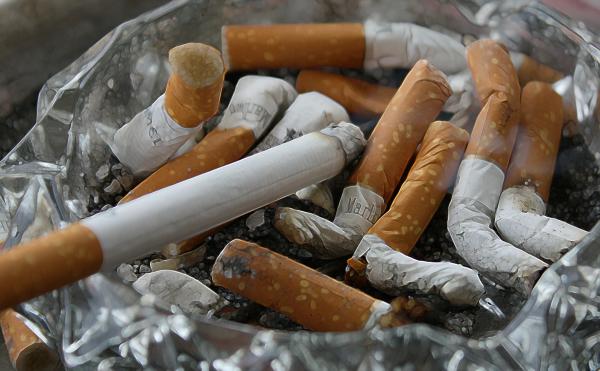
By Mitchell Clarke
Almost 1300 Casey residents are diagnosed with cancer each year, with 381 locals succumbing to the insidious illness, new data reveals.
The horrifying figures from the Victorian Cancer Registry Data – released by Cancer Council Victoria – were released to coincide with World Cancer Day on Thursday 4 February.
Of the new cases in Casey each year, 115 people are diagnosed with lung cancer on average, 87 with melanoma, 146 with bowel cancer, 184 with breast cancer and 192 with prostate cancer, being the five most common cancers.
In the Cardinia Shire, 490 locals are diagnosed with the disease each year, with 145 sufferers losing their battle annually on average.
Of those cases within the shire, 42 people are diagnosed with lung cancer on average, 49 with melanoma, 50 with bowel cancer, 61 with breast cancer and 74 with prostate cancer.
The 2021 World Cancer Day theme ‘I Am and I Will’ encourages every Victorian to act.
Cancer Council Victoria CEO Todd Harper said supporters are encouraged to reflect on what they could do to reduce the impact of cancer for themselves, their community and the wider world.
“Whether it’s going to get your cancer screening done that you’ve been putting off, making a call to the Quitline, or remembering your hat and being SunSmart, there’s so many actions – big and small – that we can all take to reduce our cancer risk,” Mr Harper said.
“In 2020 many Victorians delayed general health check-ups and screening because they were nervous about visiting doctors due to Covid-19.
“I urge all Cardinia Shire locals that now is the time to put you and your health back at the top of your ‘to do’ list.”
According to the Cancer Council, one third of all cancers can be prevented, with simple lifestyle changes such as getting checked, being SunSmart, maintaining a healthy weight, limiting alcohol, eating a balanced diet, being physically active and not smoking.
Mr Harper said cancer screening saved lives and is one of the most effective ways to detect the early signs of cancer, when successful treatment is more likely.
“We were concerned to see a drop in screening rates across the board last year due to Covid-19 restrictions, meaning cancers may be detected later when there may be fewer treatment options available. If you have received an invitation to participate in a cancer screening program, please do not delay,” he said.






